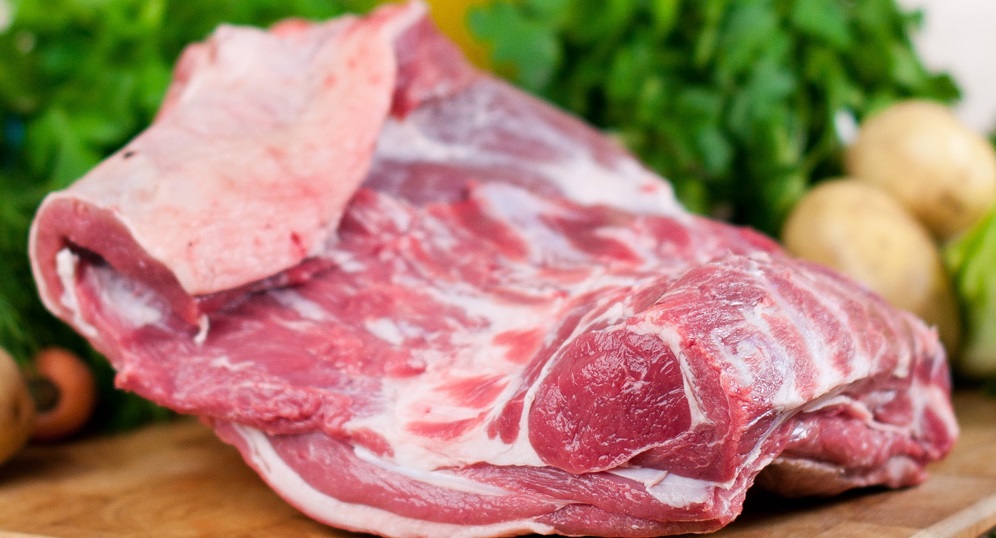
Ulster Farmers’ Union, deputy president, Ivor Ferguson has said figures from the Department of Agriculture (DARD) on the volume of lamb imported through Belfast port in 2015 are deeply concerning – in particular the volume imported from New Zealand and Australia.
“Nearly 2500 tonnes of southern hemisphere lamb was imported. We believe this was mostly premium cuts such as loin chops and legs,” said Mr Ferguson. He added that the threat this posed to the local industry was clear when this was converted into lamb numbers. It represents a quarter of the carcase weight of lamb slaughtered in Northern Ireland last year - equivalent to around 120,000 lambs at a carcase weight of 21 kg,” he said.
The UFU says it is often told by retailers and processors that imports are needed when the local supply is not there to meet demand. However the DARD figures show that over eighty percent of the lamb imported came in between April and October.
“This is deeply concerning for local farmers who saw their income drop considerably in 2015. While we know the euro affects sheep prices, the news that big volumes of cheap lamb are imported will further dent farmers' confidence in the supply chain,” he said, adding that the timing of the imports was clearly designed to undermine local prices.
“By bringing in the bulk of imports during the peak season here, this was a deliberate effort to increase supplies and so put pressure on local lamb prices,” said Mr Ferguson. “This data confirms our view that the EU import quotas that New Zealand and Australia have for lamb need to be revised by the Commission. They must ensure that imports do not undermine domestic production within the EU,” he said.
In Wales, Sainsbury's Agricultural Manager Philip Hambling told Glamorgan NFU Cymru members at their recent conference when he was asked what the future had in store for the British sheep sector and how consumer trends were changing.“I believe there is a bright future in lamb and we are investing in a number of areas to support sustainable production,”
Mr Hambling continued, “The UK consumer sees beef and lamb as a quality product and we are working closely with our farmers to ensure that quality perception and experience continues to deliver for customers. Collectively, we have a positive message to tell in terms of animal health and welfare standards, traceability and quality.
We are however noticing a huge shift in the way people shop. Consumers are far more conscious about food waste and keeping to a budget, but quality remains an important component for product purchases.”
